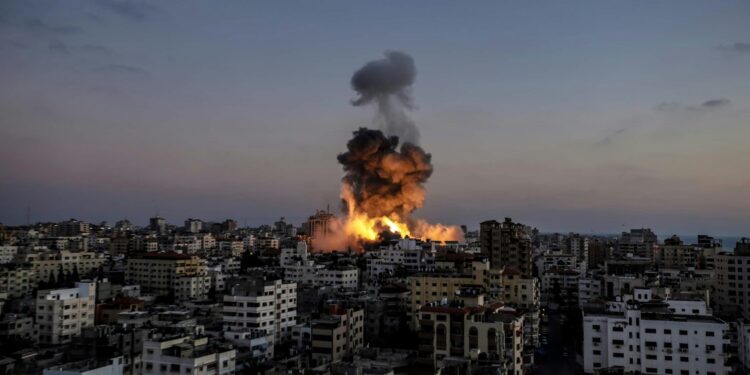The US President Donald Trump’s unilateral declaration of a Sunday deadline for Hamas to accept a peace proposal is a highly opinionated, high-stakes gamble (announced with characteristic bombast on Truth Social) that is fundamentally flawed and demonstrably reckless. Trump is basically setting the stage for a tragic escalation. The ultimatum hinges on the Trump Gaza deadline and Hamas rejection, but ignores the complex realities on the ground.
The plan itself, demanding the immediate release of 20 living Israeli hostages (plus remains) in exchange for detained Gazans, is a non-starter from Hamas’s perspective. The terror group’s senior figures have already signalled rejection, and their reasons are pragmatic, though deplorable. The central stumbling block is the demand to surrender their only remaining bargaining chip (the remaining 48 hostages, 20 of whom are reportedly alive) within a mere 72 hours.
From the perspective of Hamas’s military wing, ceding all leverage so swiftly offers no guarantee of their core demands: a permanent ceasefire and a full withdrawal of Israeli forces. To expect the military commander in Gaza to simply hand over his most valuable assets under a public threat of “all hell” is naive at best and willfully ignorant of conflict dynamics at worst.

This ultimatum also effectively sabotages the painstaking work of Arab and Turkish mediators, injecting volatile political noise into a fragile process. The political leadership in Qatar, reportedly open to adjustments, is sidelined by the military leadership that actually controls the captives, a clear illustration of why this external, one-sided pressure is destined to fail. The long-tail keyword here is analysis of US Gaza peace plan rejection reasons.
Why It Matters
Should the clock run out on Sunday without Hamas’s affirmative response (an almost certainty) what does the promised “all hell, like no one has ever seen before” actually entail? It is a thinly veiled threat of an in unparalleled military offensive in Gaza, an action that would shatter the already dire humanitarian situation and fundamentally undermine any future prospects for a durable Middle East peace.
With at least 66,288 casualties already recorded in Gaza since the October 7th attacks, a further escalation is morally indefensible and strategically short-sighted. This scenario is a lose-lose: it guarantees more civilian deaths, prolongs the agony of the Israeli hostages’ families, and empowers the most extreme elements on both sides. The solution cannot be more war. All parties should rather look towards credible diplomacy as a likely solution.

















